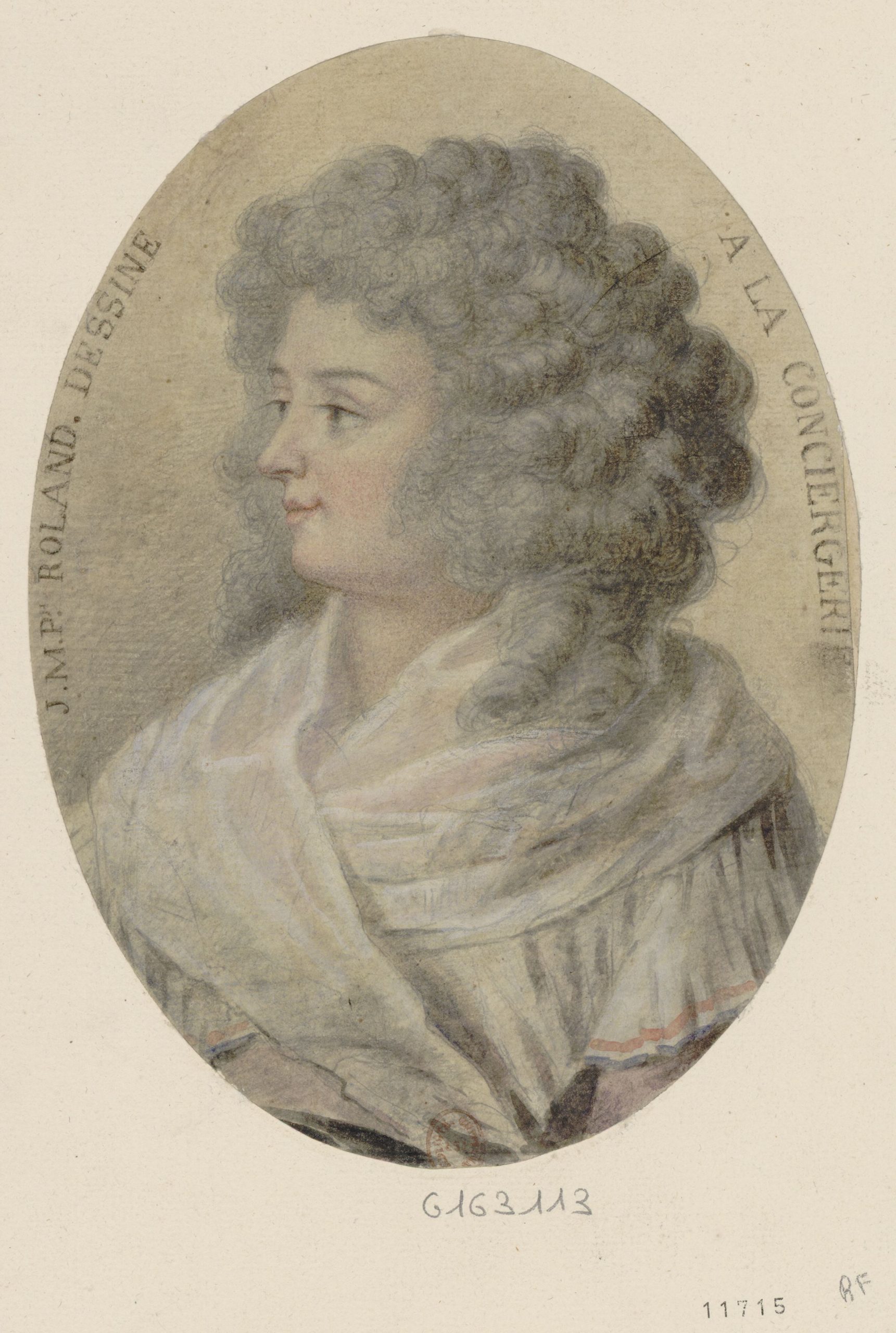In this ‘Decipher the duchess’ series of posts we are working through the entry for 16 July 1789, in which the duchess provides a description of conditions in Paris in the immediate aftermath of the fall of the Bastille two days earlier. Here is the relevant section of the manuscript again, with lines added for guidance:
And below is our own completed transcription. Remember, [square brackets] indicate a questionable or assumed reading of the manuscript by the Project team.
Line 1: A Paris ce 16 juillet 1789.
Line 2: J’[essai] Mde que ce petit Papier vous passe. On juge qu’il y à dans notre Peuple [300000] hom.
Line 3: armées. je ne sai point encore, de vos Amis tués. Le courage me soutient fort, je me porte
Line 4: bien, mais je ne sais si nous sommes Anglois, ou Turcs, car on porte les tettes dans les rues,
Line 5: mais je sais que tout noble est enfermé à Paris. demandé pour nous une bonne fin! je vous
Line 6: ecrirai si le seigr m’en procure un jour le Moyen.
We are also translating a substantial part of the Letters as part of the project (there will be an update about this on the blog in the near future). Here is our English version of this entry:
Paris 16 July 1789
I am trying to get this note to you, Madame. They estimate that there are 300000 armed men in amongst the people of the city. I still have no news about your friends who have been killed. Courage sustains me greatly. I myself am well, but I do not know if we have all turned into the English or the Turks, given that heads are being carried through the streets. What I do know is that anyone who is a noble is trapped in Paris. Pray we get a happy ending! I will write to you if one day the Lord grants me the means to do so. Continue reading



